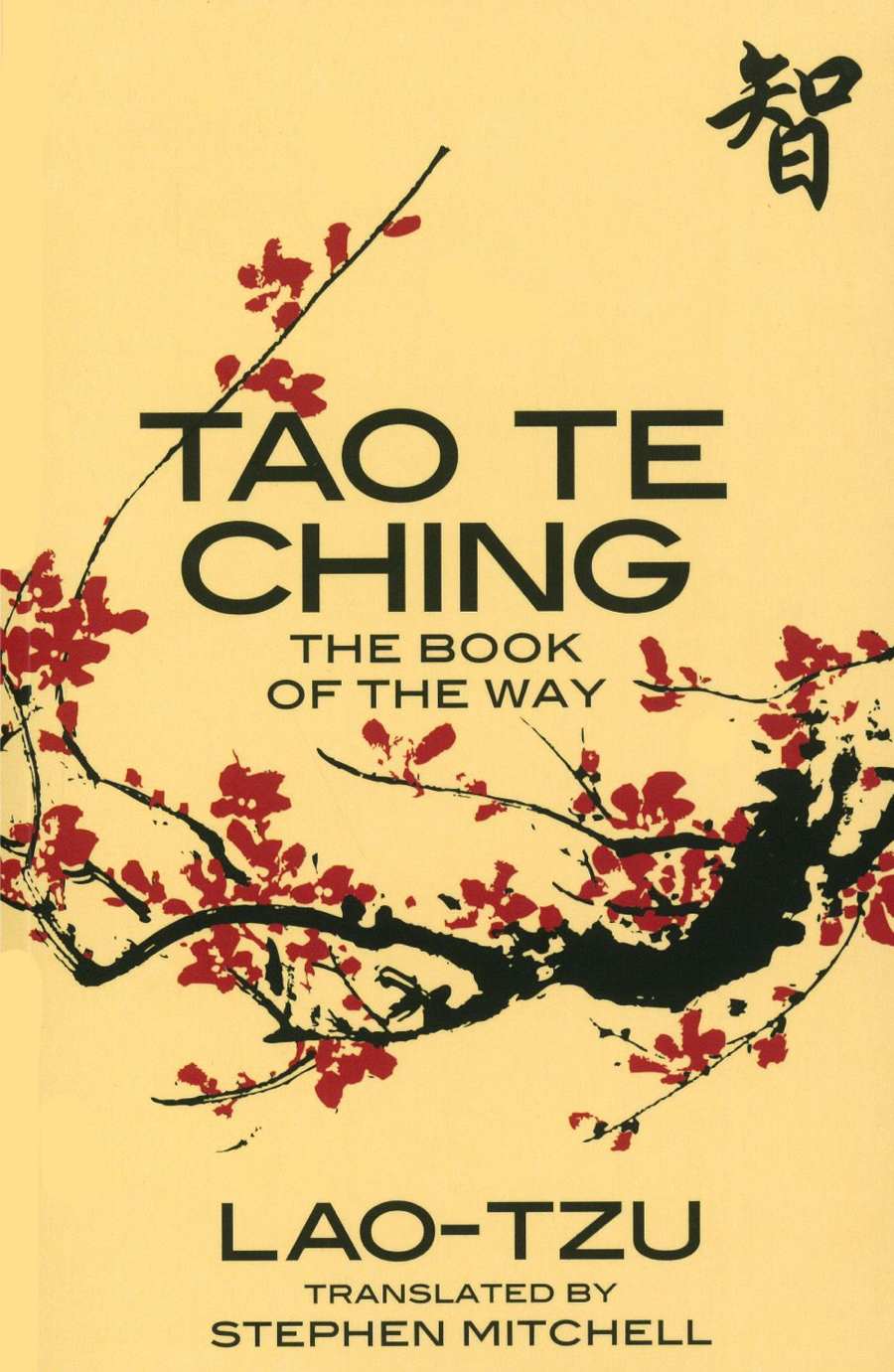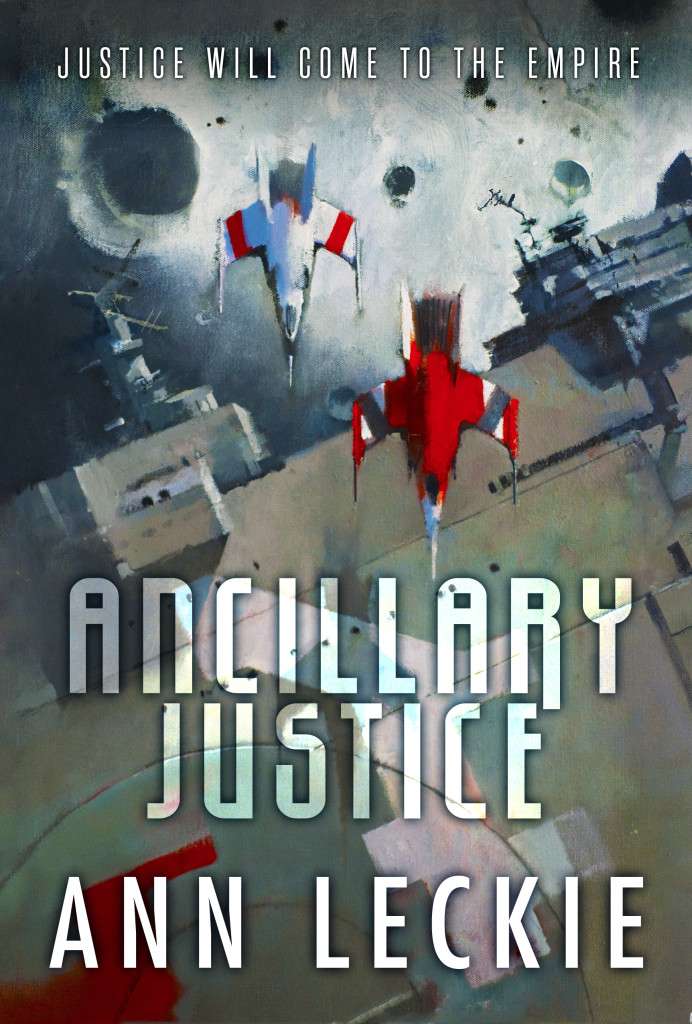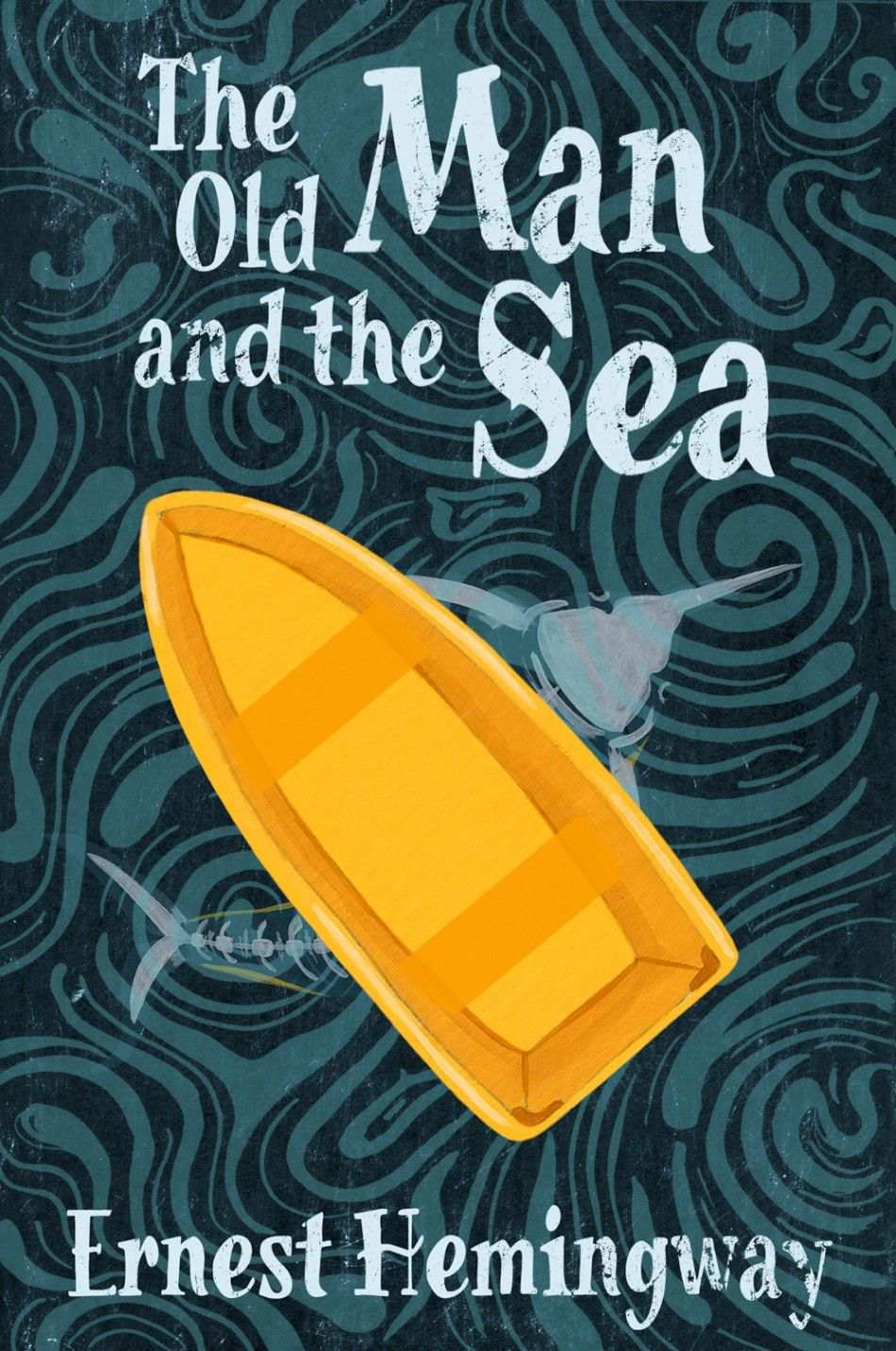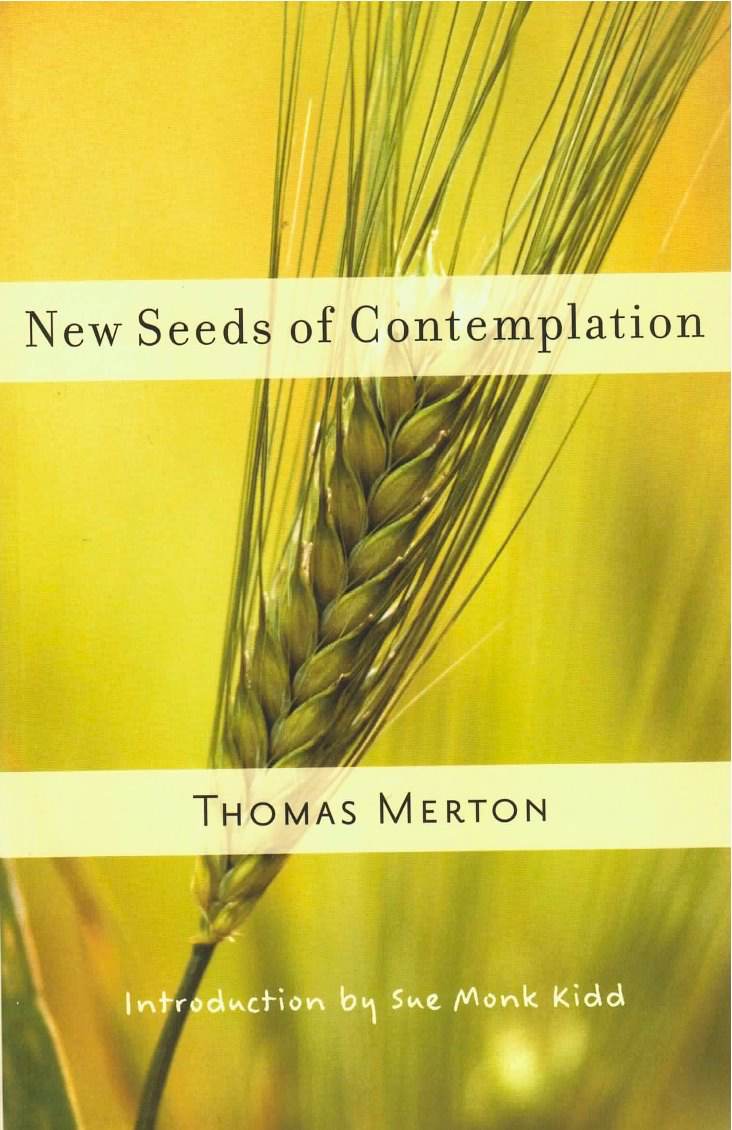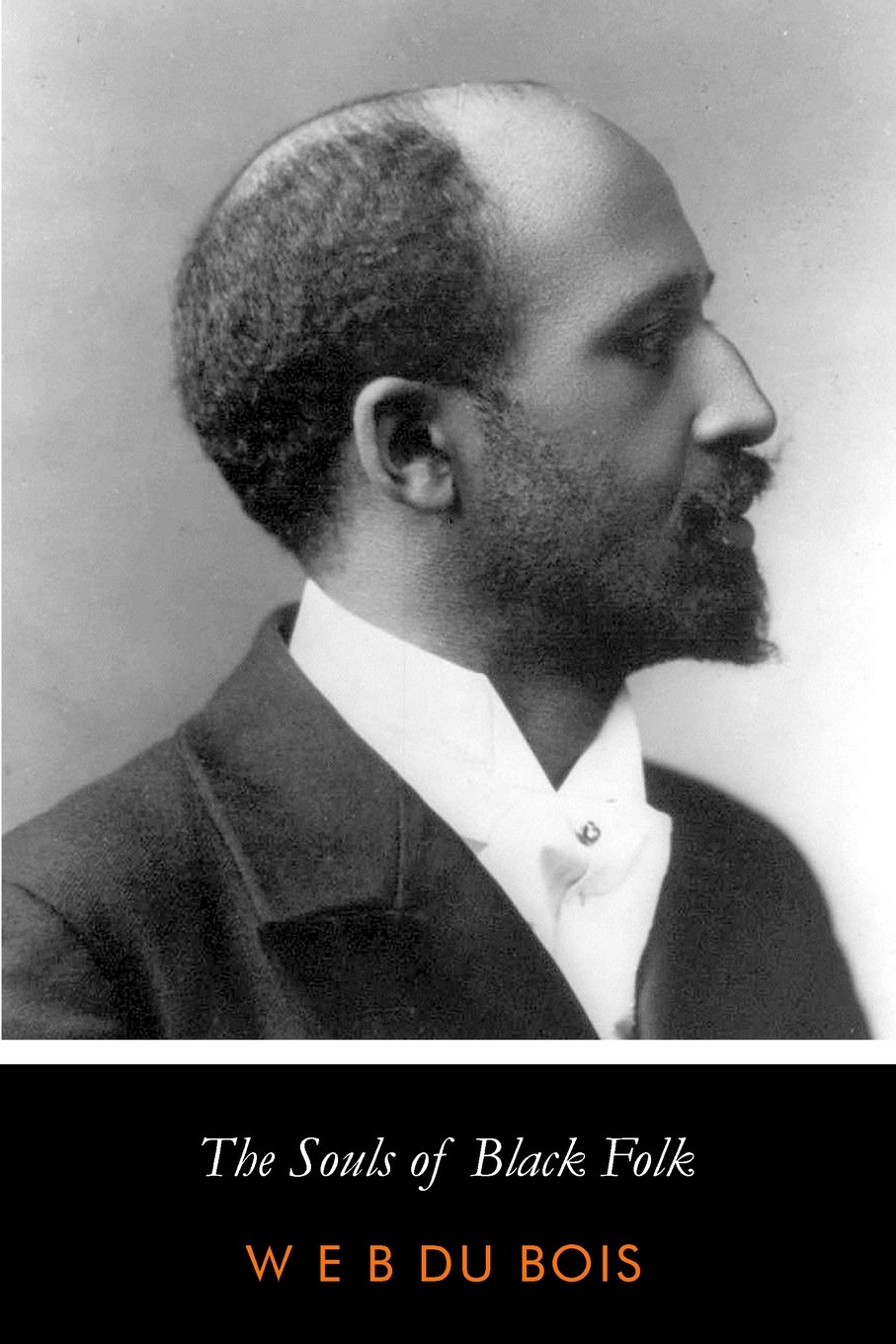As I have had the opportunity to read some very old books, the smaller History feels to me. Why? I am realizing that these writings are still relevant and their wisdom is very practical. The Tao Te Ching, one of the oldest books I’ve read (written in ADE 125), further solidifies that belief.
Over the last several years, I have read a considerable amount of writing by Christian and Catholic mystics. A consistent thread in these writings is a respect for eastern religious practice. Also, in reading modern Buddhist contemplatives I have been surprised to find a reverence for the teachings of Jesus. This is what drew me to want to read the Tao Te Ching.
What would I find in something written close to the time the Christian Gospels? Would there be much overlap? Would there be anything that seems to connect to the heart of God that is revealed in the Bible? How would it express itself?
There was something formless and perfect before the universe was born. It is serene. Empty. Solitary. Unchanging. Infinite. Eternally present. It is the mother of the universe. For lack of a better name, I call it the Tao. It flows through all things, inside and outside, and returns to the origin of all things. The Tao is great. The universe is great. Earth is great. Man is great. These are the four great powers. Man follows the earth. Earth follows the universe. The universe follows the Tao. The Tao follows only itself.
That quote is a gentle and obvious intro to this overlap. The one area that it explores most fully (and that I enjoyed the most) is a playful exploration around the idea of non-being. This paradoxical idea has deep roots in all the mystical and contemplative traditions. I find it compelling and intriguing. It is such a proper counter-point and anchor to a culture hell-bent on constructing facades of “being”.
If you want to become whole, let yourself be partial. If you want to become straight, let yourself be crooked. If you want to become full, let yourself be empty. If you want to be reborn, let yourself die. If you want to be given everything, give everything up. The Master, by residing in the Tao, sets an example for all beings. Because he doesn’t display himself, people can see his light. Because he has nothing to prove, people can trust his words. Because he doesn’t know who he is, people recognize themselves in him. Because he has no goal in mind, everything he does succeeds. When the ancient Masters said, “If you want to be given everything, give everything up,” they weren’t using empty phrases. Only in being lived by the Tao can you be truly yourself.
It takes a lot of care and skill to try and speak about something that you can only describe as the absence of something. You need to dance around with lots of analogies and words to start to build an intuitive understanding of what it is. If this is the first time you’ve approached the topic, you may think that they are literally talking about nothing! Lean in, my friend!
The gentlest thing in the world overcomes the hardest thing in the world. That which has no substance enters where there is no space. This shows the value of non-action.
True perfection seems imperfect, yet it is perfectly itself. True fullness seems empty, yet it is fully present.
Seeing into darkness is clarity. Knowing how to yield is strength. Use your own light and return to the source of light. This is called practicing eternity.
Why do I care about this? There is this idea in the Christian Gospels about how true life only begins when you die. That you need to die to yourself to fully live. It’s a paradoxical idea and one that I see as a synonym of non-being. I find the commitment to this idea in the contemplative and eastern traditions inspiring. There is much to learn, as a Christian, from these traditions that would enrich our faith and the daily practice of it.
